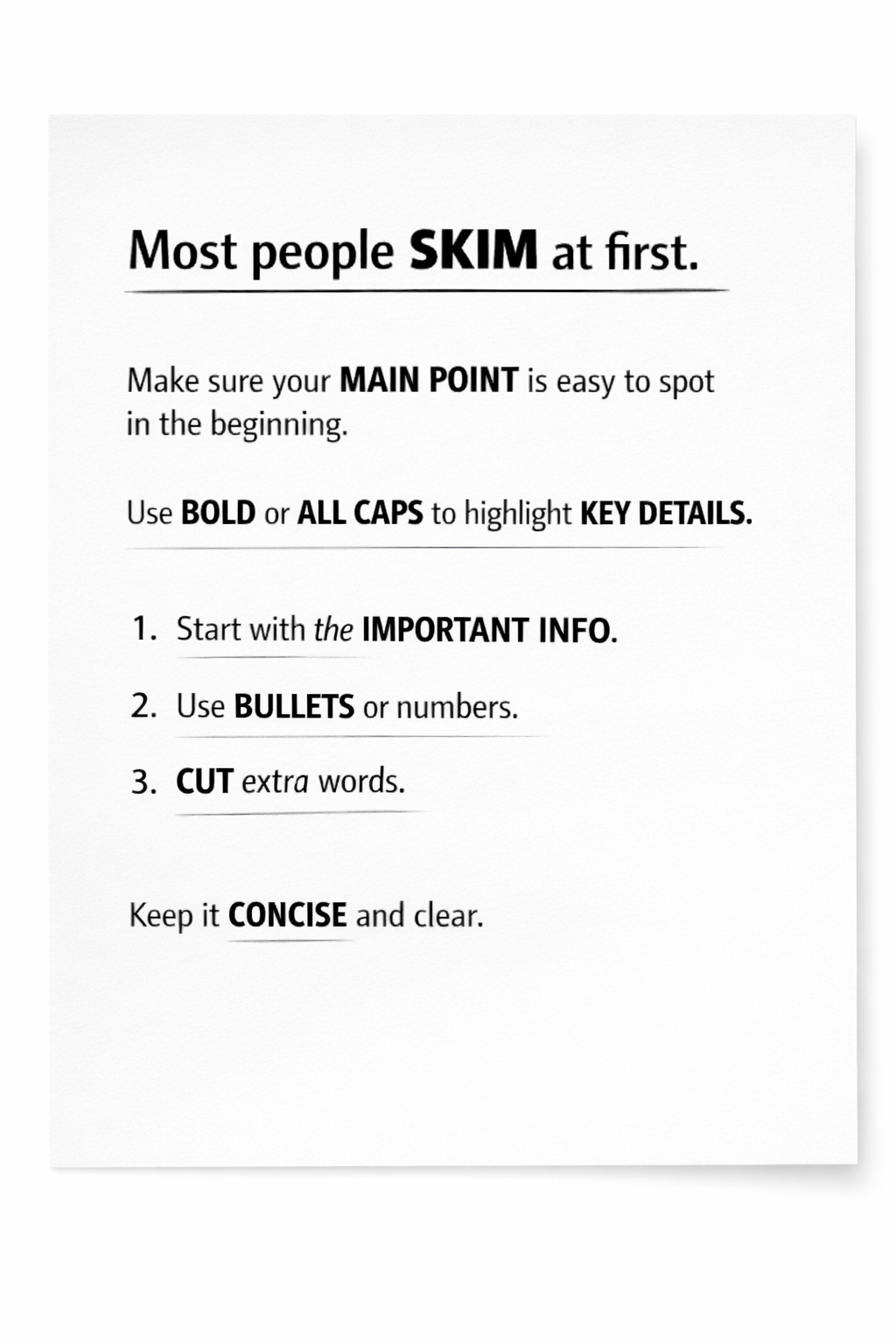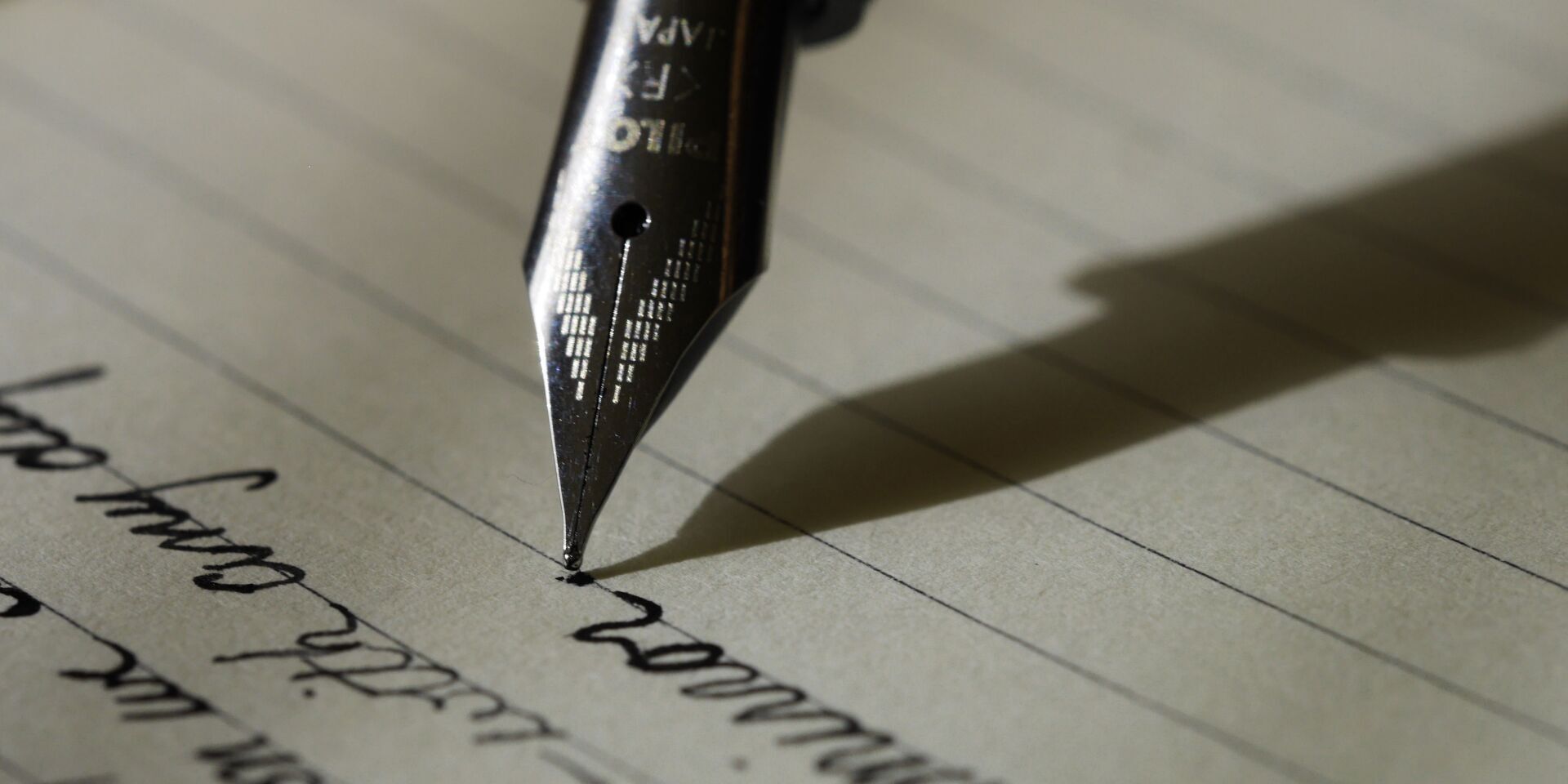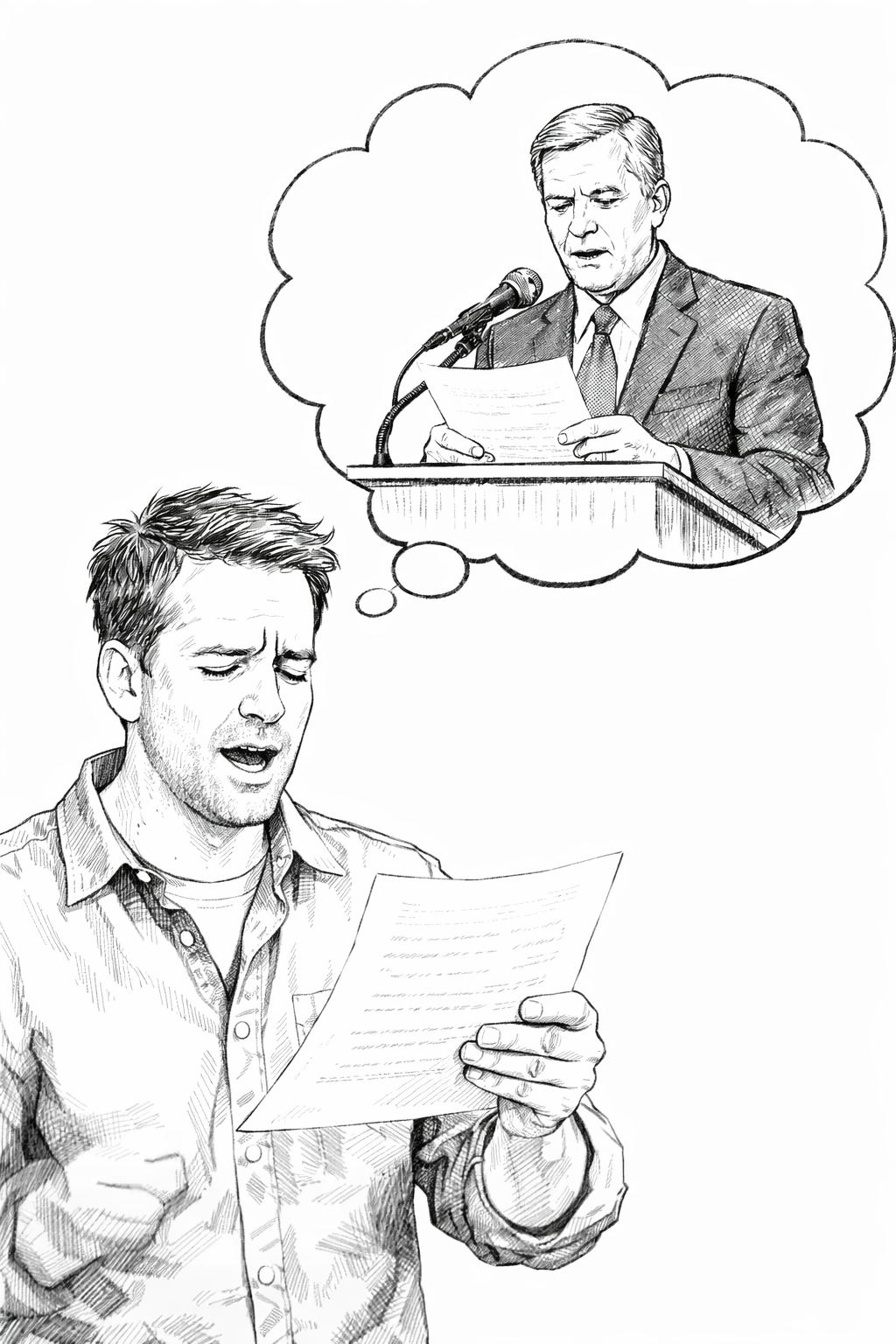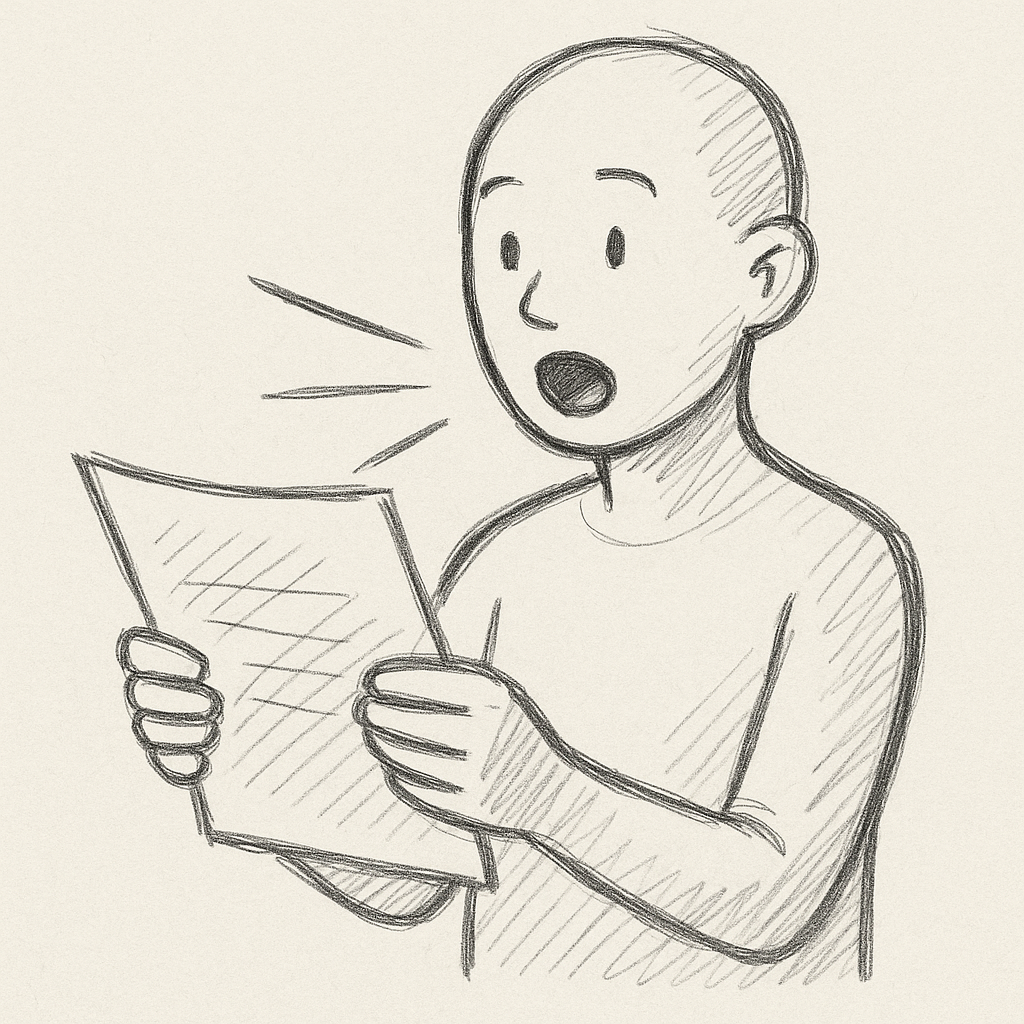Nib #3: Lesson Zero
The first thing to understanding about writing is that it is very hard.
Most people who aspire to careers in politics see themselves as the sort of people who should write well. They’re smart. They get good grades in majors that require lots of papers. They read a lot. They assume writing should come easily to them.
But writing doesn’t come easily to anyone. Human beings aren’t made for reading and writing the way we are for talking and listening. Converting speech into written language is unnatural. It requires a lot of practice, a lot of trial-and-error, a lot of failure.
To get better, young writers have to overcome the painful reality that their writing often stinks. That their word choices are clunky. That their sentences meander. That whole drafts are terrible.
The hurdle here is psychological, not technical. Yes, that thing you just wrote may be a mess. What matters is whether you face the fact with resignation, despair, and frustration — or with defiance, curiosity, and pluck.
So what if writing is hard? Everything worth doing is. Like it or not, struggling to improve is the way to improve.
Until next week… keep writing!











